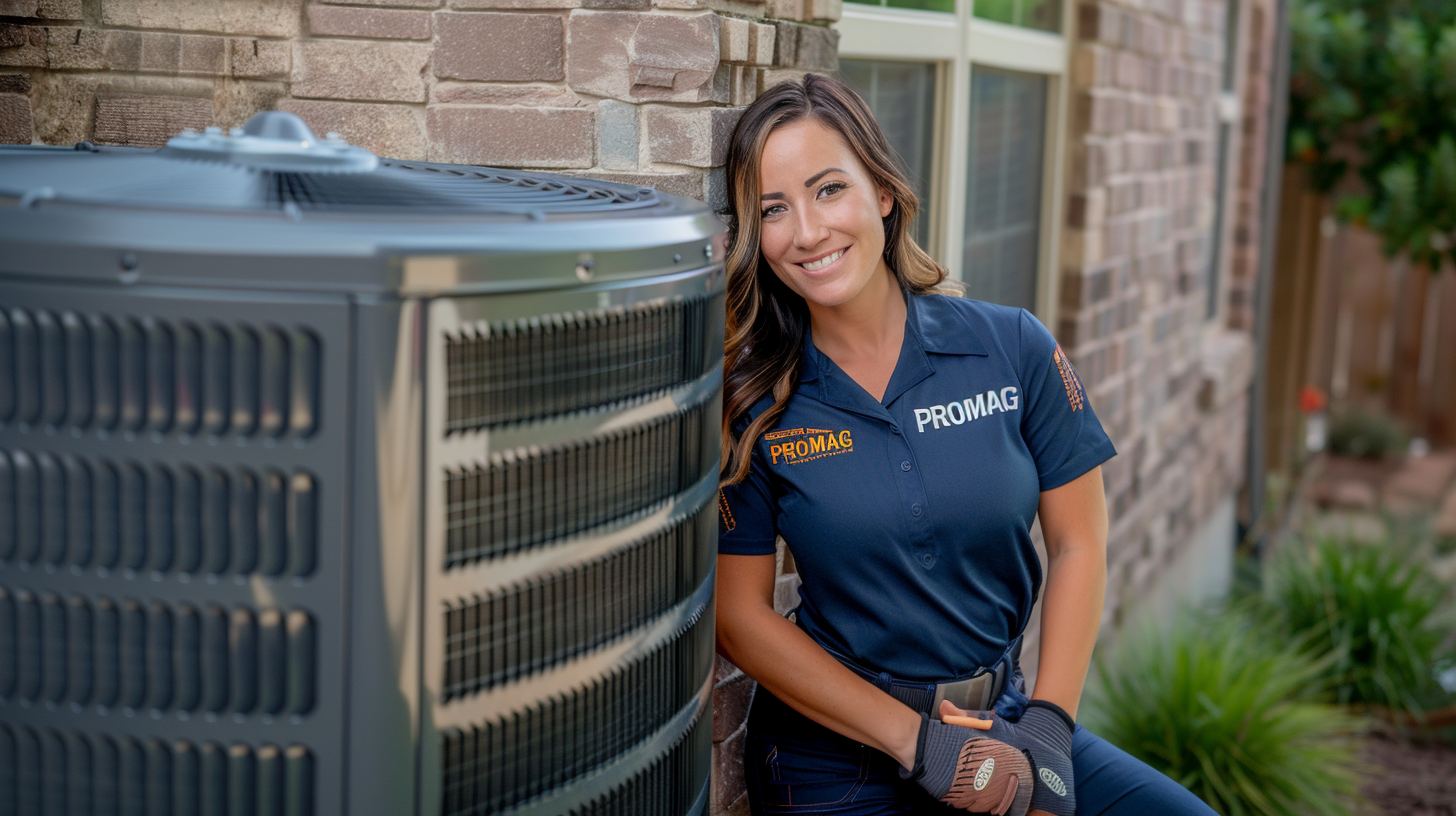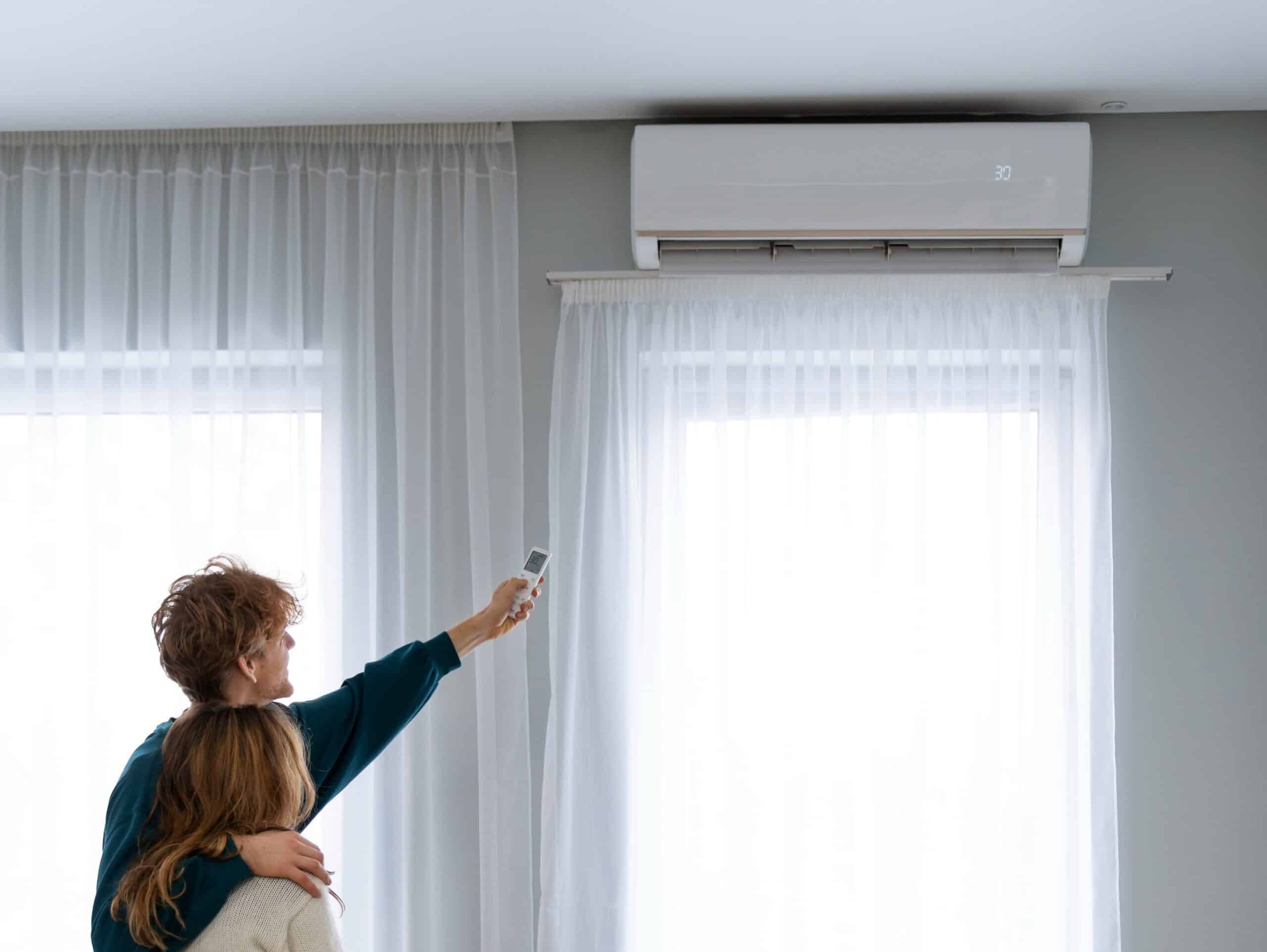Energy-Efficient HVAC Solutions to Reduce Energy Costs
As power prices remain to increase, the value of energy-efficient cooling and heating systems comes to be increasingly evident. These systems not only guarantee significant financial savings on utility expenses yet additionally add to an extra lasting future by minimizing energy consumption. With various options readily available, including geothermal warm pumps and ductless mini-splits, home owners face a multitude of selections that can improve comfort and air quality. Recognizing the crucial functions and maintenance demands is vital to taking full advantage of these benefits. What variables should be focused on when selecting the right system for your demands?
Advantages of Energy-Efficient HVAC Solutions
Energy-efficient Heating and cooling systems use countless advantages that extend beyond simple expense financial savings. By eating much less power, these systems contribute to lower greenhouse gas emissions, assisting to deal with climate modification and advertise sustainability.
In addition, energy-efficient HVAC systems commonly give boosted convenience degrees. A lot of these systems include sophisticated innovation that permits for far better temperature level control and boosted air top quality (DMAKS HVAC). This brings about a much healthier interior atmosphere, which is especially crucial for people with allergies or breathing problems
Additionally, buying energy-efficient heating and cooling systems can enhance residential property worth. As more consumers focus on power effectiveness, homes and buildings equipped with these systems might bring in higher quotes in the realty market.
Types of Energy-Efficient HVAC Options
How can home owners and businesses choose one of the most appropriate energy-efficient HVAC alternatives for their requirements? The market offers a selection of energy-efficient a/c systems, each created to enhance comfort while decreasing power consumption.
One alternative is the variable refrigerant flow (VRF) system, which successfully manages the temperature level in several zones within a structure. This system adapts its cooling agent flow to match the wanted temperature, leading to considerable energy cost savings.
Another preferred choice is geothermal heatpump, which utilize the planet's stable temperature level to heat and cool areas. By transferring warm to and from the ground, these systems demonstrate excellent performance, especially in modest climates.
In addition, ductless mini-split systems provide an energy-efficient option for homes lacking ductwork. These systems enable zone-specific cooling and heating, minimizing power waste in unoccupied locations.
Lastly, high-efficiency heating systems and air conditioning unit, with sophisticated SEER and AFUE rankings, provide trusted climate control while taking in much less power than traditional models. By reviewing these options, property owners and organizations can select an a/c system customized to their specific needs and energy performance goals.
Secret Functions to Take Into Consideration

Next, check out the kind of compressor used in the system. DMAKS HVAC. Variable-speed compressors can readjust their outcome to match the heating or cooling demand, resulting in enhanced comfort and energy financial savings compared to single-speed designs. In addition, look for systems equipped with smart thermostats that provide programmable setups and remote gain access to, permitting better control over power intake
Another vital feature is the system's air purification capability. High-efficiency filters can boost indoor air quality and minimize power usage by ensuring the system runs successfully. Consider the kind of cooling agent made use of; modern-day systems often employ eco-friendly refrigerants that have a reduced ecological influence.
Lastly, make certain that the system works with zoning technology, which permits for personalized temperature level control in different locations of your home, boosting comfort while decreasing power usage.
Tips for Picking the Right System


Next, take into consideration energy efficiency rankings, specifically the Seasonal Power Effectiveness Ratio (SEER) for cooling systems and the Yearly Fuel Usage Efficiency (AFUE) for home heating systems. Greater ratings show higher efficiency, which can lead to substantial cost savings on utility costs in time.
Additionally, review the kind of HVAC system that ideal fits your lifestyle and spending plan. Choices consist of air conditioning, ductless mini-splits, and heatpump, each with its very own set of benefits and disadvantages.
Don't forget the value of appropriate installment and sizing; an improperly sized system can lead to ineffectiveness and raised wear. Seek advice from with a professional A/c contractor to acquire experienced recommendations customized to your home's one-of-a-kind requirements. This thorough approach will make sure that you select an energy-efficient a/c system that fulfills your needs and budget plan properly.
Maintenance for Ideal Effectiveness
Once the best HVAC system remains in place, continuous upkeep becomes crucial to guaranteeing optimal performance and longevity. A well-kept system operates better, resulting in reduced power intake and minimized energy bills. Normal inspections and tune-ups should be scheduled at the very least twice a year-- once before Home Page the cooling season and once before the heating period.

Homeowners must likewise be cautious about monitoring their HVAC system's efficiency. Unusual noises, varying temperature levels, or enhanced power costs can suggest underlying concerns that require instant focus. By addressing these worries without delay, property owners can protect against costly repair work and expand the life-span of their systems.
Investing in an upkeep strategy with a certified technician not only improves performance but also supplies assurance, recognizing that the system is operating at its best. DMAKS HVAC. Routine upkeep is consequently important for maintaining power performance and reducing overall operational costs
Final Thought
To conclude, energy-efficient a/c systems offer a viable service for minimizing utility bills while improving comfort and air high quality. By integrating sophisticated innovations and choices such as geothermal heatpump and ductless mini-splits, homeowner can achieve significant energy savings and add to ecological sustainability. additional info Mindful factor to consider of system attributes and continuous maintenance even more guarantees optimal performance, making energy-efficient systems a sensible financial investment for both financial and environmental benefits.